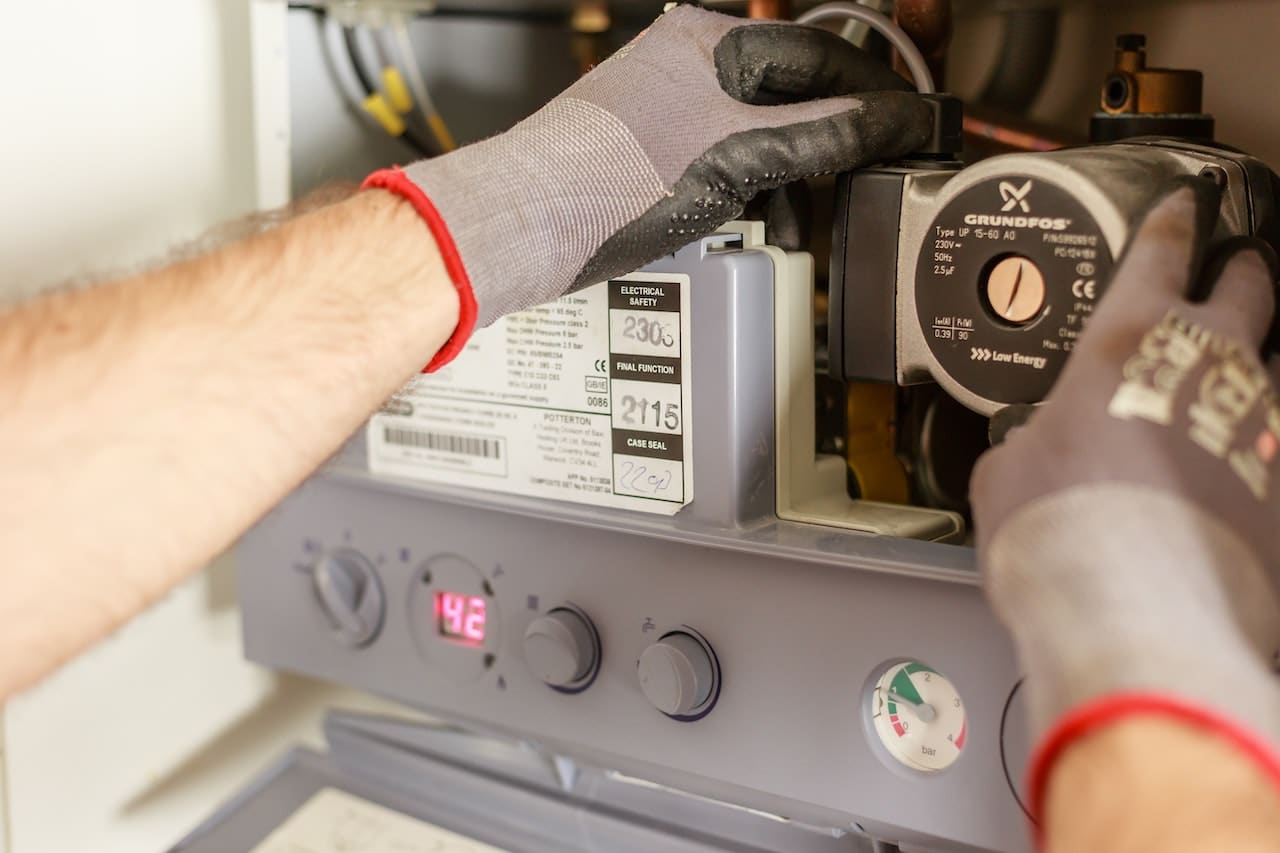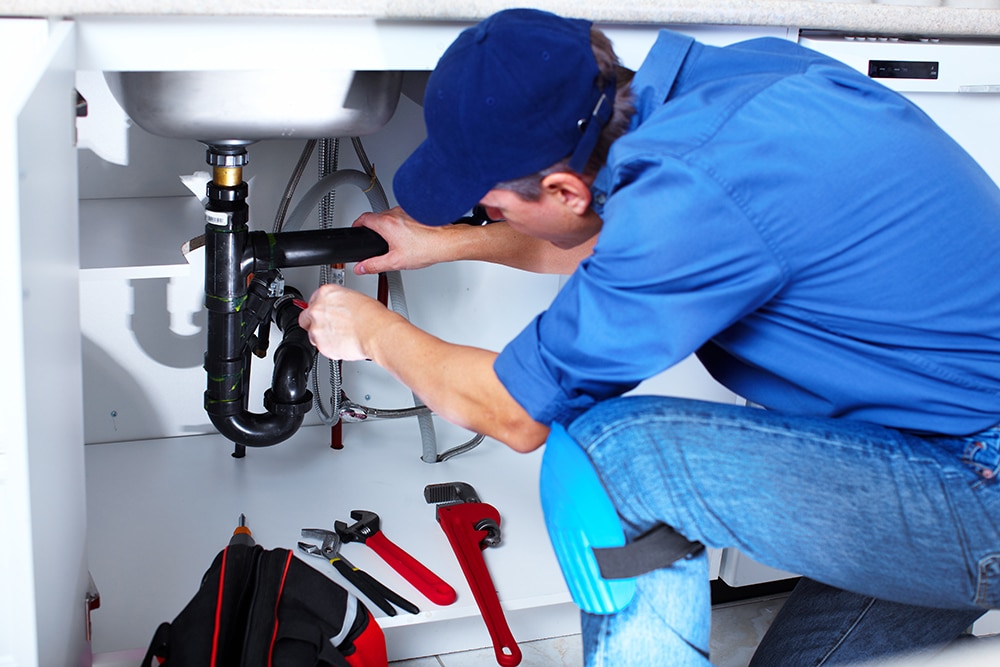Some of the most common problems that water heaters suffer from are pretty obvious. If your water heater fails to provide hot water, it will drip excessively and leave large puddles. In such cases, you might prefer to take a cold shower. Other common problems that affect the lifespan of your water heater include placement, the environment, and the amount of silt buildup.
Placement
Several factors affect the lifespan of your water heater, including the place it’s installed and the distance between hot and cold in/outlets. It also needs to be raised off the floor by the required distance. Even if you install it against an exterior wall, water can flood the area around it. Therefore, it’s important to consult a professional before installing it. After all, you don’t want to end up with a broken water heater.
Another major factor that affects the lifespan of your water heater is the amount of water it gets. If you’re running your water heater all day long, you’ll likely find that it’s constantly being used. This places extra stress on the unit and can cause it to break sooner. Therefore, it’s vital to properly size the unit based on the amount of water you use each day. A larger water heater will likely last longer.
Chemistry of water
The chemistry of the water you use greatly affects the lifespan of your water heater. The more corrosive and aggressive the water, the shorter its lifespan. The scale buildup in your water heater is an indication of the chemistry of the water. You can reduce scale buildup by installing a water softener. Other factors that can affect the lifespan of your water heater include its location and environment.
Sediment in your water is a collection of dissolved solids, including dirt, rust, and built-up minerals. Sediment is the result of the water’s contact with various rock formations. Water that is too hard is considered hard, while water with a low concentration of these minerals is soft. Water with low mineral content will last longer. If your water heater is new, make sure it has a low temperature.
Environment
The chemistry of the water running through your water heater plays a significant role in the lifespan of your water heater. Harder water causes your water heater to work harder than it needs to, decreasing its efficiency. Mineral deposits can also build up in your water heater, reducing its overall lifespan by up to two years. While new water heaters are more energy efficient and built to last for many years, environmental factors still play a role in the lifespan of your water heater.
Your water heater may not be meeting your requirements, causing it to lose heat and lose the desired temperature. If this happens, you should clean your water heater immediately. Buildup of sediments will reduce the amount of water in the tank, requiring a cleaning. If you wait too long, your water heater may break down and need to be replaced. In such cases, you can use a power-efficient tank heater.
Silt buildup
Water in your home may contain minerals and other sediments that can coat the bottom of your water heater tank. While these sediments are not harmful to your health, they can make your water appear reddish in color and reduce the efficiency of your hot water heater. Not only does this damage the performance of your water heater, but it can also increase your energy costs. If you’re worried about sediment buildup in your water, you may want to consider hiring a professional to perform routine maintenance on your hot water heater.
To clean your water heater, you need to remove the sediment. Fortunately, there’s an easy solution: use a vacuum cleaner. To start, connect your vacuum to a 1-1/2-inch PVC pipe, then attach a barbed fitting (C) to 1/2-inch I.D. vinyl tubing. Before starting your vacuum, make sure you turn off the cold water valve on top of the tank. Once the valve is closed, attach a garden hose to the valve, routed to a floor drain. Hire Plumber in Thousand Oaks for quality services


